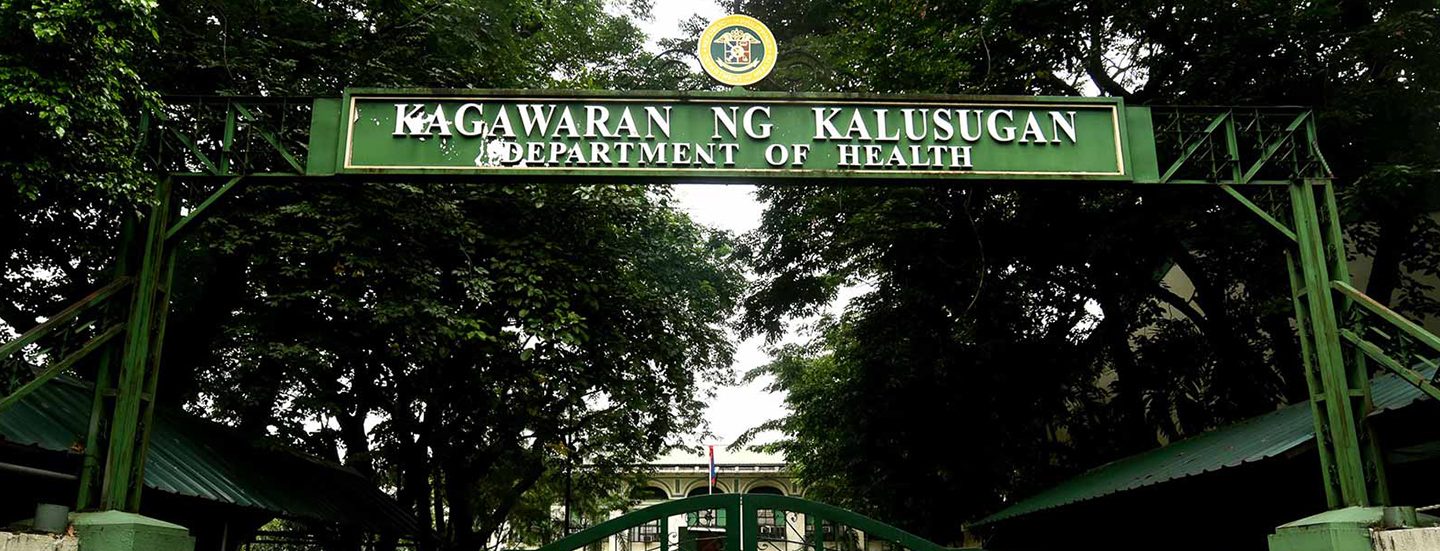SUMMARY
This is AI generated summarization, which may have errors. For context, always refer to the full article.

MANILA, Philippines – Inadequate procurement planning and poor distribution and monitoring systems led to the wastage of over billions of pesos worth of drugs and medicines in the Department of Health (DOH) inventory, according to a 2022 audit report released on Wednesday, September 6.
In the report, the Commission on Audit (COA) said its team found medicines and drugs worth P7.431 billion in the DOH inventory that were “expired, near-expiry, damaged, overstocked, excessive, slow-moving (low usage), undistributed/distributed late.”
“Various drugs, medicines, and other types of inventories were found to be expired, nearly expired, lost, overstocked, excessive, slow-moving, delayed distribution or undistributed, and accepted below 18 months in the DOH warehouses and OUs (operating units),” the auditors said.
COA flagged the health department’s “deficient procurement planning, poor distribution and monitoring systems, and weakness in internal controls, hence resulted in wastage of government funds and resources.”
“The presence of overstocked and slow-moving inventory items evidence excessive spending as the procured items comprised volume of inventory far more than what the CHDs/OUs presently need. As in the PYs (previous years), these deficiencies were also caused by breakdown of the inventory/supply management system,” the auditors said.
The biggest chunk of the slow-moving inventory, worth P5.531 billion, is under the DOH Central Office.
Other findings:
- P74.323 million worth of slow-moving inventory at DOH Caraga-Caraga Center for Health Development (CHD)
- An unspecified value of slow-moving inventory was also located in Ilocos Training and Regional Medical Center under DOH Ilocos Region
- P109.45 million worth of overstocked or excessive inventory at the Bataan General Hospital and Medical Center under DOH Central Luzon
- P12.56 million worth overstocked or excessive inventory at the Mariveles Mental Wellness and General Hospital (MMWGH) under DOH Central Luzon
- P50.25 million worth overstocked or excessive inventory at the Far North Luzon General Hospital and Training Center under DOH CAR
- P14.58 million worth of overstocked or excessive inventory at the Adela Serra Ty Memorial Medical Center under DOH Caraga
- P16.803 million worth of overstocked or excessive inventory at the Mariano Marcos Memorial Hospital and Medical Center under DOH Ilocos Region
Expired, nearly-expired medicine
The auditors also found cases of delayed distribution or undistributed drugs and medicines at the DOH Central Office amounting to P1.512 billion, as well as at the Ilocos CHD (P2.19 million).
State auditors found expired medicines at the Labuan General Hospital (P1.338 million), Conner District Hospital (P613,895) and Soccsksargen CHD (P439,425).
The audit also showed nearly-expired drugs at the Western Visayas CHD (P58.15 million), Bataan General Hospital and Medical Center (P15.925 million), Dr. Jose N. Rodriguez Memorial Hospital (P8.6 million), Ilocos CHD (P2.14 million), and MMWGH (P1.11 million).
The auditors also found that deliveries of drugs with expiry dates below the 18-month minimum shelf life were accepted at the Davao Regional Medical Center (P16.05 million) under DOH Davao Region, and Ospital ng Palawan (P2.25 million) under DOH Mimaropa.
Recommendations, DOH action
The auditors said the DOH must address the following problems to prevent wastage: inadequate procurement planning, an inadequate monitoring and reporting system, the absence of a periodic assessment of inventory movements, weak internal controls, ignoring standards on drug shelf life, and a poor distribution system.
“Overall, the problem exposed management’s inability to safeguard, manage, and utilize health funds and resources economically and effectively,” COA said.
The COA recommended that the health secretary sanction suppliers who repeatedly violate guidelines, and to order the proper disposal of expired drugs and medicines.
COA also said that suppliers should be required to submit guarantee letters for deliveries that fall below the standard shelf life. Hospital pharmacy sections and end-user units should decline commitment letters for less than six months from date of expiration.
It also called on the health department to speed up the distribution of items that are near expiration.
The DOH, for its part, directed its units to strictly monitor their drug inventories and instructed supply officers to regularly monitor the remaining stocks before accepting deliveries.
The concerned CHDs and DOH operating units committed to take measures to prevent wastage of of their inventories.
In response to the findings, the DOH also said it will issue guidelines and will establish a supply chain system design from the national level down to the local government units. – Rappler.com
1 comment
How does this make you feel?








Firstly, our sincere appreciation to the COA auditors, whose work lead us to know about this. Secondly, P 7.4 Billion wastage is no joke. Will anybody be held accountable? Anyway, it is expected that nobody will be held accountable under a corruption-oriented government. They will hide this mismanagement via its disinformation machinery and critics will be subjected to its repression machinery.